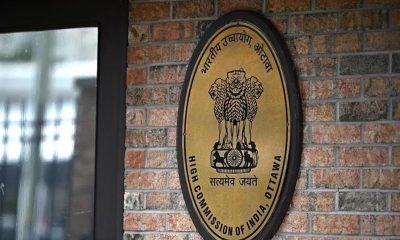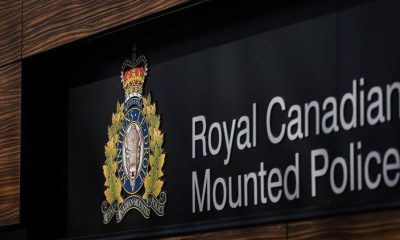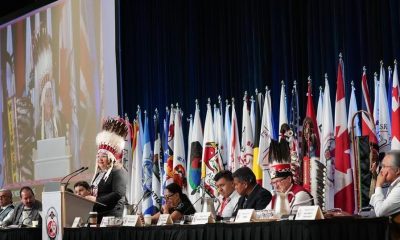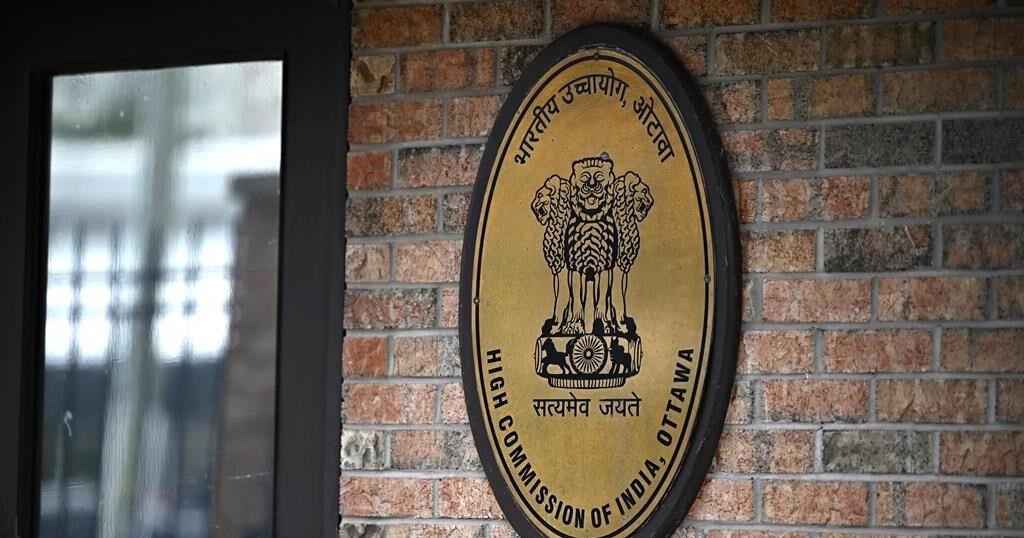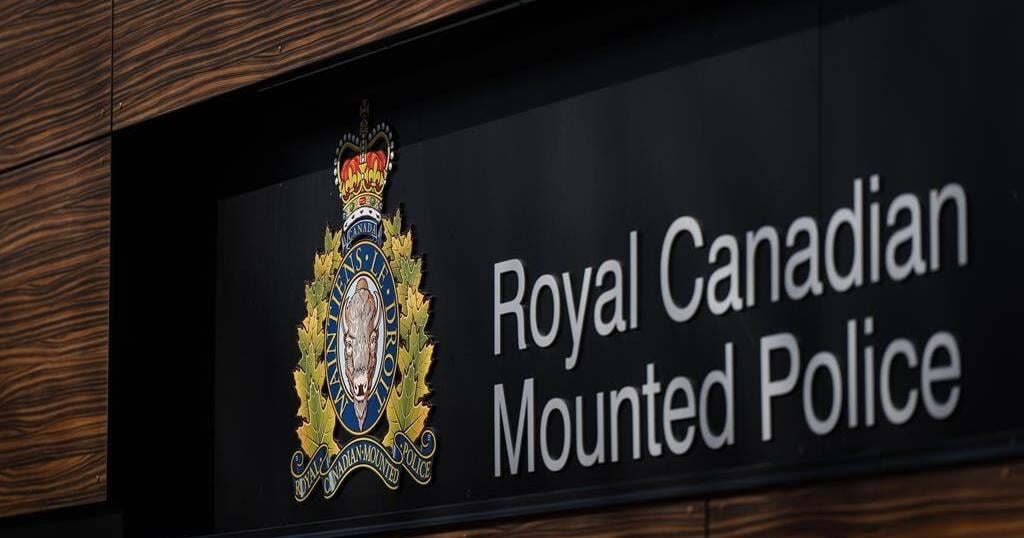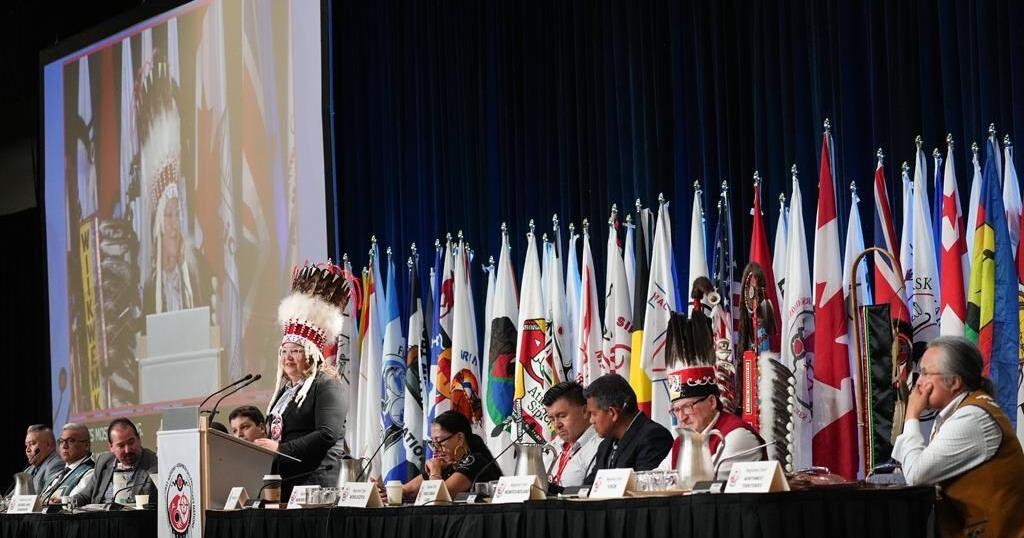OTTAWA – India’s foreign ministry says Canada is trying to smear New Delhi, as the country doubles down on rejecting claims its government officials have worked with criminal gangs in the extortion, coercion and murder of Canadian citizens.
But Canada is not the only country that has accused Indian officials of plotting an assassination on foreign soil. The U.S. Justice Department announced criminal charges against an Indian government employee on Thursday in an alleged foiled plot to kill a Sikh separatist leader living in New York City.
The case announced by the Justice Department involves Vikash Yadav, who authorities say directed the New York plot from India. He faces murder-for-hire charges in a planned killing that prosecutors have previously said was meant to precede a string of other politically motivated murders in the United States and Canada.
The Indian government didn’t immediately provide comment on the U.S. charge, but earlier Thursday, External Affairs Ministry spokesman Randhir Jaiswal denied that India was in cahoots with India-based mobsters in Canada.
He also raised long-standing cases where Canadian authorities have resisted India’s attempts to extradite criminals to India, suggesting some at the heart of Canada’s allegations are among those India has wanted to prosecute.
“It is strange that people who we asked to be deported” are being blamed by the Canadians for “committing crimes in Canada,” Jaiswal said.
“There is a clear pattern to smear India, for reasons best known to them.”
Prime Minister Justin Trudeau and the RCMP went public this week with allegations that Indian diplomats were targeting Sikh separatists in Canada by sharing information about them with their government back home.
They said top Indian officials were then passing that information along to Indian organized crime groups who were targeting the activists, who are Canadian citizens, with drive-by shootings, extortions and even murder.
Canada has also alleged Indian government agents were linked to the June 2023 killing of Sikh activist Hardeep Singh Nijjar in Surrey, B.C.
The two countries each ordered the expulsion of top diplomats this week over the accusations.
The U.S. criminal case was announced the same week as two members of an Indian inquiry committee investigating the New York plot were in Washington to meet with U.S. officials.
Canada says Indian officials have not been co-operative in the Canadian case.
The Nijjar killing has soured India-Canada ties for more than a year, and while Canadian officials say they have forwarded evidence of the allegations to Indian authorities, the Indian government continues to deny it has seen any.
Jaiswal said again on Thursday that Canada has provided no evidence of its allegations surrounding attacks on Sikh activists, contradicting Trudeau’s statements this week that investigators privately shared information with Indian counterparts, who have not co-operated.
At the same time, Jaiswal accused Canada of failing to take action against Sikhs living in Canada who face terrorism charges in India and who are accused of being part of a Sikh secessionist campaign in India’s northern Punjab state.
Jaiswal said India’s 26 extradition requests have been pending in Canada for a decade or more. He also said that several criminals had provisional arrest requests pending with Canadian authorities.
“Some of them are charged with terror and terror-related crimes (in India). So far, no action has been taken by the Canadian side on our requests. This is very serious,” Jaiswal said.
India has repeatedly criticized the Canadian government for being soft on supporters of what is known as the Khalistan movement, which is banned in India but has support among the Sikh diaspora, particularly in Canada.
Trudeau said Wednesday that Indian Prime Minister Narendra Modi underlined to him at a G20 summit in India last year that he wanted Canada to arrest people who have been outspoken against the Indian government. Trudeau said he told Modi that he felt the actions fall within free speech in Canada.
Trudeau added that he told Modi his government would work with India on concerns about terrorism, incitement of hate or anything that is unacceptable in Canada. But Trudeau also noted that advocating for separatism, while not Canadian government policy, is not illegal in Canada.
In February, a senior Global Affairs Canada official who oversees Ottawa’s diplomacy in the Indo-Pacific told members of Parliament that Canada had “long-standing exchanges” with India on counterterrorism concerns.
“How India defines extremism or even terrorism does not always compute in our legal system,” Weldon Epp told MPs.
He noted that Canada opted twice against extraditing Nijjar to India in the past decade, over claims he had a role in a cinema bombing and an alleged terrorist camp, due to a lack of sufficient evidence. He added at the time that Canadian officials had done “effectively workshops with the Indian government, to explain what our standards legally would be” for terrorism extraditions.
On Monday, the RCMP said it had identified India’s top diplomat in the country and five other diplomats as persons of interest in the Nijjar killing. The force also said it uncovered evidence of an intensifying campaign against Canadians by agents of the Indian government.
Nijjar, 45, was fatally shot last year in his pickup truck after he left the Sikh temple he led near Vancouver. An Indian-born citizen of Canada, he owned a plumbing business and was a leader in what remains of a once-strong movement to create an independent Sikh homeland.
Four Indian nationals living in Canada were charged with Nijjar’s murder and are awaiting trial.
On Wednesday, Liberal MP Chandra Arya said Canada needs to do more to call out what he called “Khalistani violent extremism” in Canada, saying that he required RCMP protection to take part in a Hindu event last week in Edmonton.
“Recent revelations and developments are impacting Canada and India’s ability to collaborate on this issue,” he wrote on the platform X. He said New Delhi should not interfere in Canada, but rather help deal with extremism.
“It is critical that we all recognize the importance of eliminating cross-border threats posed by Khalistani extremism and resume our efforts to address it effectively.”
He added that leaders need to speak out, without directly naming Trudeau.
“I have yet to hear any politician or government official offer reassurance to Hindu-Canadians, many of whom feel concerned and fearful for their safety in light of recent events,” he wrote.
This report by The Canadian Press was first published Oct. 17, 2024.
— With files from The Associated Press



